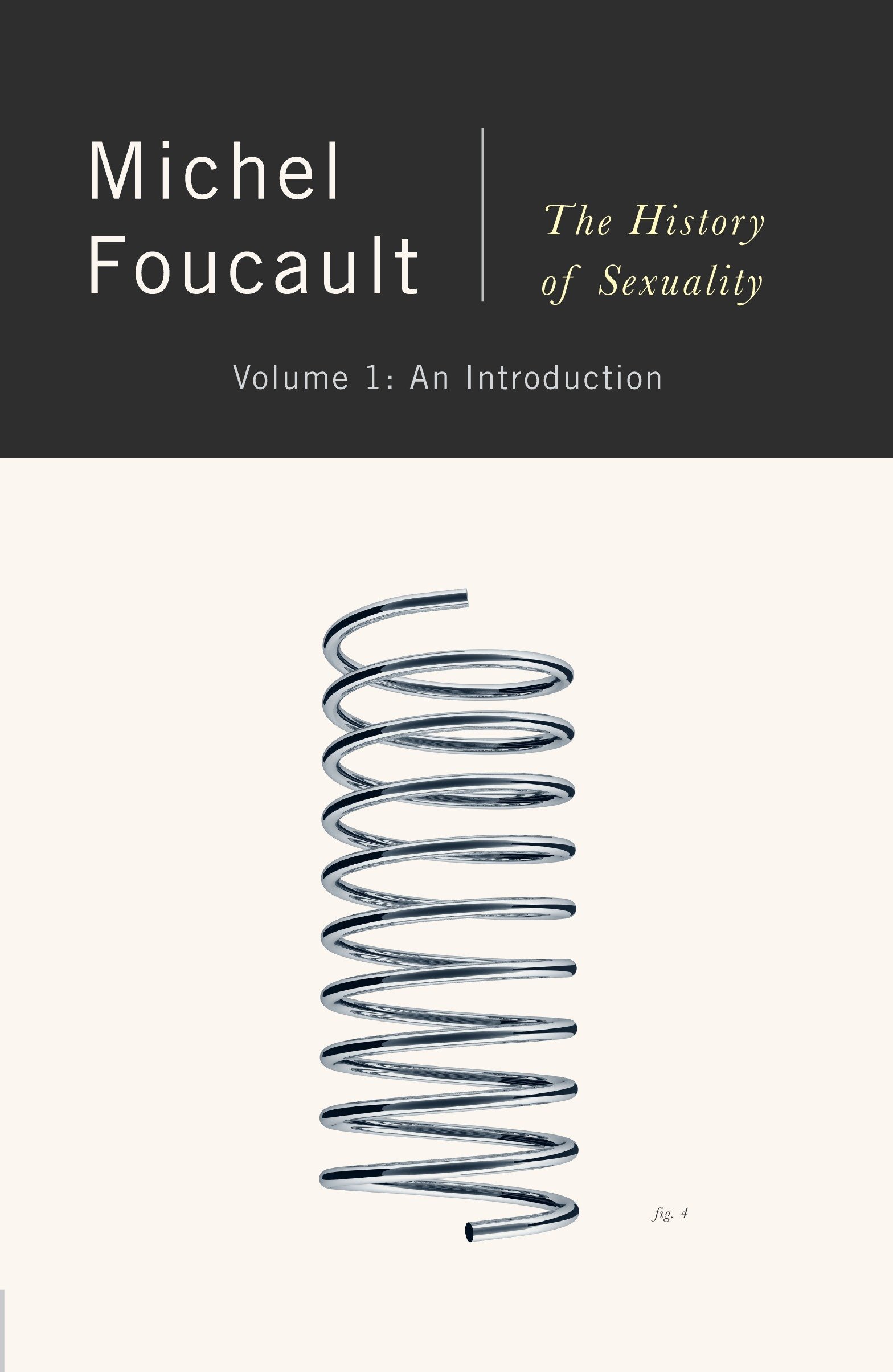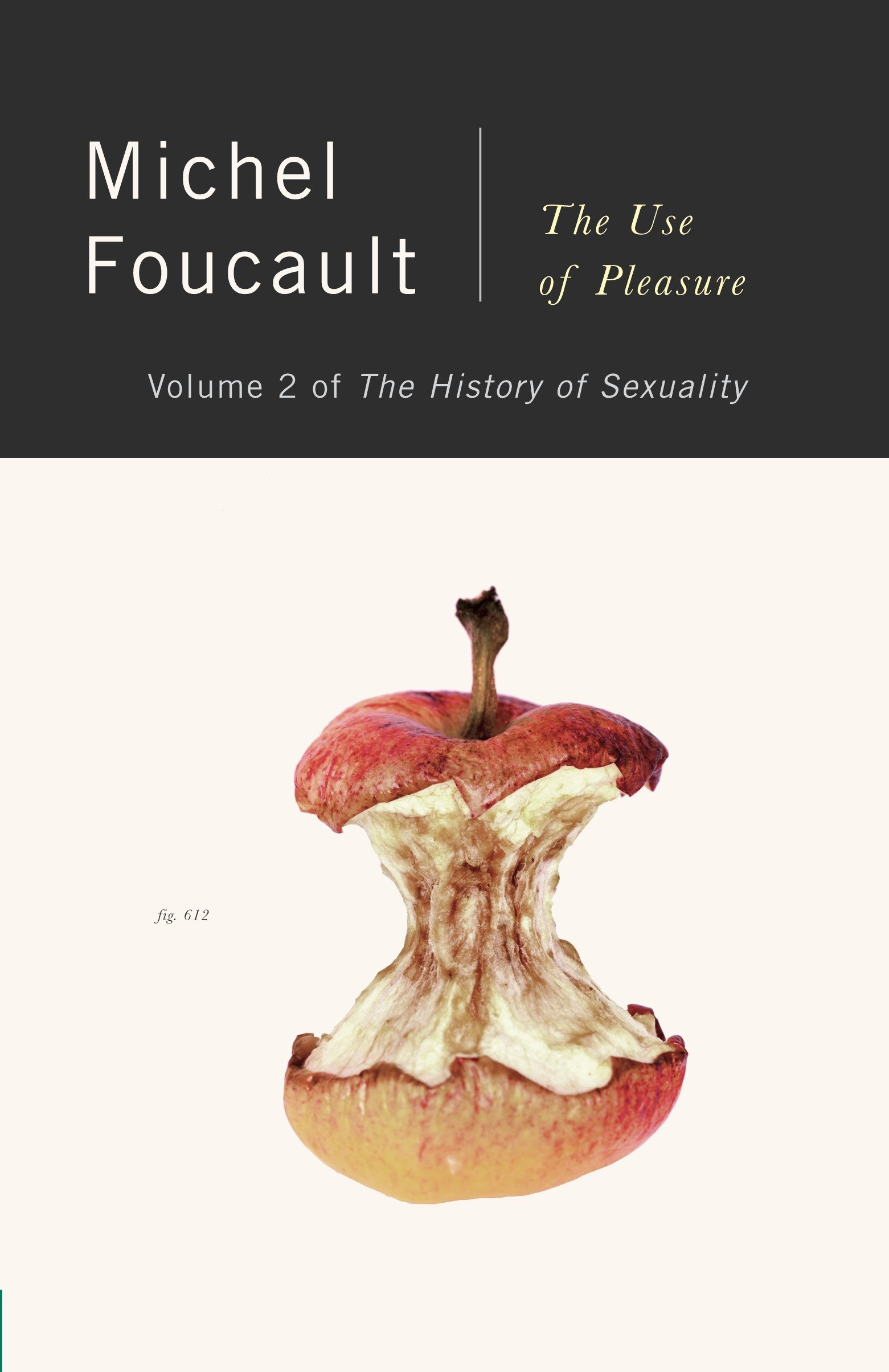A Brief Book Notice from Books At a Glance
Editor’s Note: Tomorrow we feature the first of a four-part summary of Michel Foucault’s History of Sexuality. We feature Foucault not as advocates, of course, but because of his significant role in the shaping of contemporary thought. Understanding Foucault is essential for understanding the values and thought-patterns of anti-Christian contemporary culture. Below is a brief introductory note from Dr. Steve West. See our first summary here.
Foucault’s History of Sexuality: An Introductory Note
Michel Foucault (1926-1984) is arguably the most influential social and cultural philosopher of the last 100 years. Although his studies are often controversial, he has shaped our contemporary cultural discourse in profound ways. One of the hallmarks of Foucault’s thinking is that ideas and truths are tools of power which are used for gaining control in society. Human nature, morality, sexuality, and politics are taken to be socially constructed and malleable.
Foucault’s four-volume History of Sexuality seeks to argue that Freudian and Marxist accounts of the repression of sexuality are insufficient. Foucault sees the contemporary understanding of sex and sexuality arising from discourses of control that were medical, religious, and political. In the ancient world, men had sex with their wives, concubines, prostitutes, and slaves (both male and female). In Greece, there was a ritualized exchange of love, sex, and favor between citizen males and boys. Adult men were not considered homosexuals or pedophiles when they penetrated their male slaves or had sexual experiences with boys. In Rome, sex was often an expression of social dominance, where the active, dominant male penetrated inferiors (including both male and female). This was not about orientation, but about acts of power.
One of Foucault’s key observations is that contemporary views of sexuality and sexual orientation did not begin to emerge until the 1800’s when the medicalization of sexual issues led to the idea that people could be denoted as types on the basis of their sexual orientation. Prior to this, people merely engaged in sexual acts: now, sexual desire was seen to represent a person’s nature. To understand oneself, one had to confess sexual issues to medical doctors, psychiatrists, and religious officials, all of whom gained power over the subject as a result. Foucault saw this emerging understanding of the concept of sexuality as a tool that was used to control disorderly groups in society.
Rather than argue that there was a natural human sexuality that needed to be liberated from repression, Foucault denied that biological sexuality was an objective reality. In his mind, the very categories of human sexuality and sexual orientation were arbitrary, and rather than working within the confines of these concepts, the concepts themselves were to be challenged because they were politically and socially motivated, tied to a particular historical moment and era. Rather than looking at the Greeks as being odd in their view of proper sexual expression, Foucault takes the contemporary Western approach to sex and sexuality as the anomaly.
Queer Theory does not argue about which sexual acts are right and wrong, acceptable or taboo: Queer Theory seeks to abolish the very idea that there are sexual standards or moral norms by which right and wrong can be judged. When everything is queer nothing is queer, and where there is no standard there can be no taboo. Whereas early gay-lesbian arguments—analogously with the logic of early feminism—turned on fixed biological sex, gender, and sexual orientation, Queer xtTheory rejects the relevance of biological facts and stable gender (or even the idea of gender itself). It argues for the free expression of sexual desire in any way, shape, or form, with anyone. Foucault’s studies in sexuality remove sexuality from the moral domain and position the concepts of sex, sexuality, and sexual orientation in a fluctuating matrix of social control and power. His thinking is clearly antithetical to biblical morality, but his influence on culture makes it difficult to understand the thought-patterns and practices of our society without being aware of his contributions to contemporary theory and ideology.
Steve West

